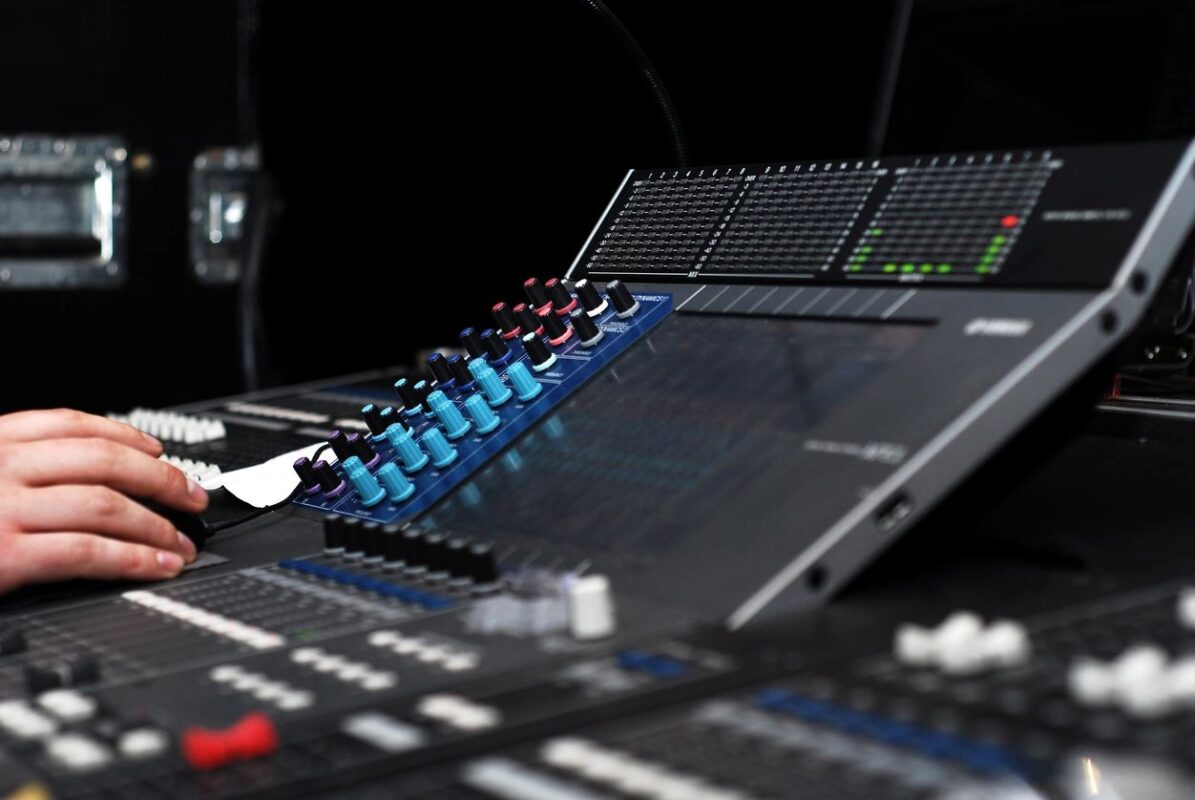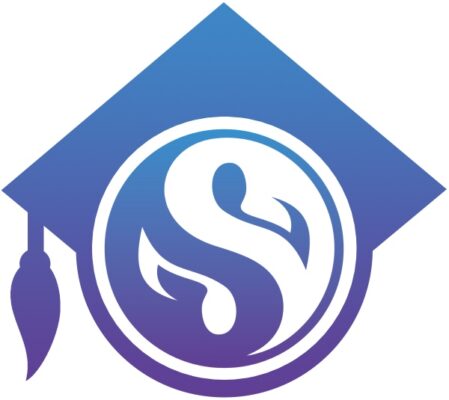

Enlightened Audio Education
Lesson 12
Essential tips for recording your voiceover at a professional studio
This will be a relatively short lesson in which I will familiarise you with how recording studios operate, what they charge and how to find one near you. Let’s start by addressing the question that usually comes up first…
What will it cost you to record at a studio?
Almost all studios charge by the hour and many require a minimum commitment of 1 to 2 hours.
Typical studio rates start at around $50 USD per hour, but rates between $60 to $100 per hour are more common. More prestigious studios will charge upwards of $200 per hour, so if you see a price like that, steer clear. Some recording studios are very large, extremely well engineered, are stocked with incredibly expensive equipment and have a historical pedigree of producing hit records. Recording studios like these are more than justified in charging hefty fees for their facilities and staff, but they are complete and utter overkill for your needs.

As a voiceover artist your needs will be modest, both in terms of the time it will take to complete your recording and in terms of the equipment that will be required to get the job done. We’re talking about one person (you), one microphone and one recording engineer. This is a simple arrangement that typical recording studios can handle with ease. With this in mind, keep your eyes peeled for pricing at the lower end of the scale I just mentioned.
If you are planning to record a voiceover that lasts for about 30 minutes, then 2-4 hours should be all the time you need. You might imagine that you can record a 30 minute voiceover in less than 2 hours, and this is certainly possible, but chances are that you won’t get everything right during the first take. You’ll need to allow extra time to re-record those sentences where you sneezed or misread a line and so forth.
An extra hour or so of studio time may also be required to review and edit your recording. You and your recording engineer will probably take some time to listen to your recording from beginning to end, making adjustments as you go. You might want to adjust the timing of your performance – perhaps adding in a little space between some sentences or closing up the gaps between others. You might even need to re-record a line or two if you discover that you pronounced a particular phrase poorly. These kinds of edits are very common.
So what will a single recording session cost you? A three hour recording session at $50 per hour comes to just $150. A four hour session at $100 per hour comes to $400. So there it is: $150 to $400 is about as accurate a pricing indicator as I can give you without knowing more about your particular project and the studio you intend to visit. While this might seem like a wide price range, we do at least have a clear understanding of what constitutes fair and reasonable pricing for a typical voiceover recording session. We can also conclude that you will not get a recording done for just $50, and at the other end of the scale, if a studio quoted you $500 or more, then you would be right to look elsewhere.
How to find a recording studio near you
There is no magic trick to this. Just use the internet to search for a recording studio in your city or suburb. For example, “Recording Studio in Melbourne”.
As you might expect, a search like this can yield quite a lot of results depending on the size of the city you live in. Take your time to explore various websites and inspect their rates.
When you start exploring the websites of recording studios, you will notice that they usually do their best to dazzle you with the quality and size of their recording rooms, their fancy equipment and their collections of exotic instruments. This is normal behaviour for recording studios, after all, their bread and butter customers are usually bands who respond with excitement to this kind of thing. Don’t be put off by this. Earlier I made a point of telling you that you don’t need fancy equipment with all the bells and whistles. This is most certainly true, but please don’t be deterred by the look of a studio if it seems impressively equipped. There’s no reason why you shouldn’t go to a studio that “looks the business” provided that their fees are reasonable.
Getting a quote and booking your recording
Here’s an example of how you might introduce yourself to a studio, describe what you want to do and get a price quote. Obviously, you might need to vary some elements of this example to suit your own particular inquiry, but the text below is a great starting point. Feel free to use it as a basic template for your own inquiries:
Hi there,
I am creating a hypnosis/meditation recording. I need to record a spoken word performance that goes for about 30 minutes and then mix it with some background music.
[Assuming that you already know what music you want to use in your recording, I would also add the following to your email:]
I have already purchased the background music I want to use and can bring it with me to your studio so that you can mix it with my voice.
Can you please give me a quotation to do this?
How to prepare for your studio visit
Here are a few quick tips that will help to ensure that your studio time is well spent:
- Bring along a couple of copies of your script just in case the recording engineer wants to read through the script while you are speaking it. Having your script on hand may also help him or her with any editing processes that might be needed after your recording is finished.
- Rehearse your script a few times before you go to the studio so that you’ll feel more relaxed and comfortable when speaking it into a microphone.
- If possible, bring your chosen background music to the studio with you. There are two reasons why this is desirable:
Reason 1. If you have your background music with you, then it is quite possible that the recording engineer will be able to blend your voiceover with the music and fully complete the production of your recording before you leave. This will certainly help to save you time and money by eliminating the need for repeated trips to the studio.
Reason 2. As mentioned earlier, if you have chosen the background music you want and if you have it with you when you visit the studio, then you can listen to it on headphones while you record your voiceover. This can help to put you in the right frame of mind while you are speaking, and it can really help to improve the synergy between your words and the music.
Important Tip: Have Fun!
One of the best things about recording in a studio is that you won’t have to worry about handling anything technical. Studio staff are usually a happy breed of human, and they will take good care of you. So, relax and enjoy the process. Soak up the atmosphere of the studio and all its shiny things. Hey, it’s not every day you find yourself in a professional recording studio!

Specifying file formats & getting a preview track
Once completed, the studio will provide you with a master copy of your recording. This may be provided to you as a file on a USB drive or as a file delivered via download.
You should request a high-quality master copy of your recording (usually provided as a WAV or AIFF file) and an MP3 version too.
If you intend to sell your recording on your own website, you might also like to ask the studio to produce a short (2 minute) preview track of your recording for you. We will get into the details of how to sell your recording on your own website in a later lesson, but for now, suffice to say that publishing a preview track for your customers to hear is a “must do”.




